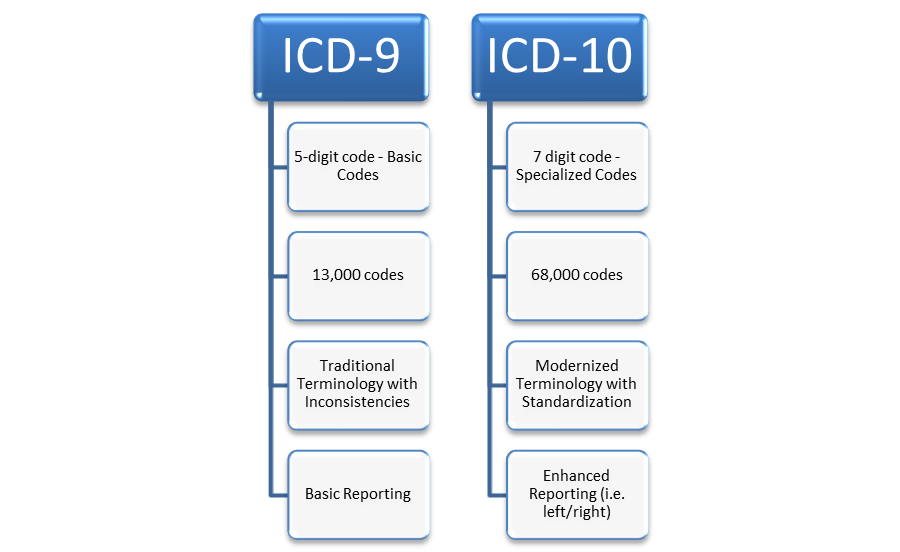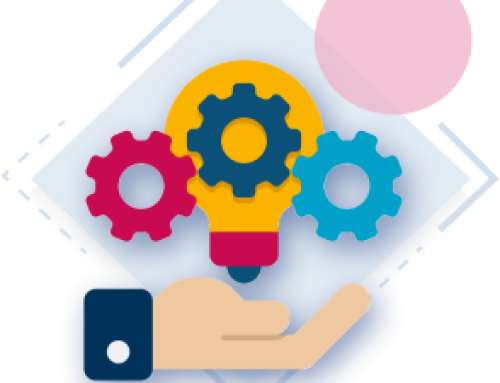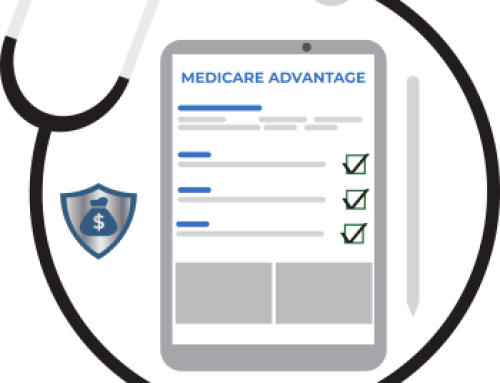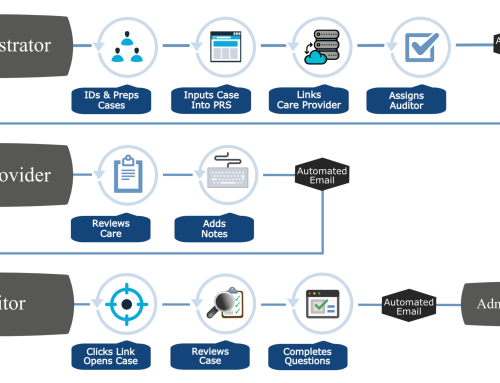 Summary: Healthcare technology is changing faster than most organizations can keep up. What are you doing to comply?
Summary: Healthcare technology is changing faster than most organizations can keep up. What are you doing to comply?
Healthcare technology is a rapidly changing field. Some of the changes are required to comply with current regulations while others are to gain a competitive advantage. Lets’ delve into a few of these areas.
Coding | Healthcare IT Pain Points
One of the most monumental changes in technology has to do with coding, specifically transitioning from ICD-9 to ICD-10. Following is a summary of the changes:

This change is very costly requiring both coding and technology expertise working in tandem. One challenge, which may very well been the cause of the delay of ICD-10 implementation is there is no clear mapping between ICD-9 and ICD-10. They are basically 2 separate entities. The challenge arises when translating from ICD-9 to ICD-10 that sometimes there is an exact one-to-one match, sometimes it is a one-to-many match, sometimes it is a many-to-one match, and sometimes there is no match between the coding systems. So what spurred the need for ICD-10? New diagnoses are being added daily and ICD-9, with its 5-digit nomenclature, cannot expand to meet current and future needs. Additionally, ICD-10 will provide more standardization and consistency among codes and adding the extra 2 digits will enable such designations as left or right to be part of the code. For more information on the transition from ICD-9 to ICD-10, please visit Medicaid.gov.
Electronic Health Records | Healthcare IT Pain Points
Electronic health records (EHRs) are exactly as the name implies, an electronic way to create, maintain, access, and store health information. The use of this technology will assist healthcare professionals access patient records in an effective and efficient manner. However, the implementation of EHRs doesn’t occur overnight and there is a hefty price tag associated. Choosing an appropriate EHR can be a lengthy and time-consuming process. What features do you need now and what features can you anticipate needing over the next 5-10 years? Once you find the ideal EHR system, can you afford it? The cost/benefit discussion can take a long time to finally come to a consensus. The implementation process is extremely lengthy as well. The system needs to be put in place, all of the physical records need to be converted to electronic, access levels need to be determined, data security needs to be perfected, and training needs to be provided. Additional complexity arises for large healthcare systems with multiple facilities in multiple locations. For more information on EHRs, please visit the healthcareit.gov site.
Tele-Health | Healthcare IT Pain Points
Tele-Health is healthcare performed from a distance. It strays from the traditional face-to-face visit. Equipment is setup to enable the physician and patient to converse, monitor and assess a patient and his condition. Initially, Tele-Health began in rural areas, areas in which access to physicians was limited, particularly for specialists. Some of the challenges surrounding Tele-Health are the costs to implement, the technology required, the scope of services which can be performed, licensing for multi-states, and reimbursement. With Tele-Health being relatively new, how these services are reimbursed is a hot topic. Should they be reimbursed the same as a face-to-face visit? What incentives are available? Tele-Health extending beyond the boundaries of an individual state also presents a challenge. Current legislation is being proposed to address this issue. While Tele-Health isn’t required, many organizations are jumping on the bandwagon to gain a competitive advantage. For more information on Tele-Health, visit HRSA.gov or healthcareit.gov.
Mobile Health | Healthcare IT Pain Points
Mobile health is a fairly new concept in healthcare technology. The phrase “there’s an app for that” is heard often and in the majority of cases, it rings true. If it doesn’t exist today, it very well might exist tomorrow. One of the early forms of mobile health was a chip provided through Nike. The chip could be placed in your shoe and would monitor distance traveled, send the information to your iphone, and provide a tracking mechanism. Mobile health has come a long way since then. Today, mobile health is used for tracking fitness, nutrition, wellness, and self-testing i.e. heart rate, calories, etc. Additionally, mobile health is being used by physicians to access medical records, assess patient data through sensors, disease management, and drug administration. The potential is endless. As with other advances in technology, mobile health can carry a hefty price tag, implementation may be complex, and controversy surrounds the security of the data.
Data Security | Healthcare IT Pain Points
First and foremost on the list of healthcare technology should be the security of patient and medical information. As data becomes more and more accessible, the ability to limit data to only those who require it becomes more of a challenge. More attention is being paid to data security and unfortunately, hackers are becoming more savvy. Identification theft is on the rise, and a high proportion is attributed to medical information.
Big Data | Healthcare IT Pain Points
The final challenge is big data. Organizations are collecting more and more data, both voluntarily and involuntary i.e. regulatory compliance. The issue becomes: are we collecting the right data from the right system in the right format? Are we able to report on the data in a meaningful format? Is the data valid? Is the data accurate? Does the data have to be manipulated? If so, are there checks and balances to ensure validity? Is the data reliable? Is the data accessible to all who require access? Can the data be pulled quickly? Is the data being analyzed? Are corrections to processes and procedures being made within the organization as a result of the data? Who is reviewing the data? Who needs to review the data? Are we meeting all of our regulatory requirements? Do we have the right staff in the right quantity, with the right credentials to accomplish all of this? While Big Data is great in theory, putting it into action is certainly a challenge.
What healthcare technology pain points are you experiencing? We welcome any and all comments.
BHM is a healthcare management consulting firm whose specialty is optimizing profitability while improving care in a variety of health care settings. BHM has worked both nationally and internationally with managed care organizations, providers, hospitals, and insurers. In addition to this BHM offers a wide breadth of services including healthcare transformation assistance, strategic planning and organizational analysis, accreditation consulting, healthcare financial analysis, physician advisor /peer review, and organizational development. Contact Us : results@bhmpc.com, 1-888-831-1171






RT @BHMHealthcare: 6 #Healthcare IT Pain Points | What Are Your Pain Points?: Summary: Healthcare technology is changing faster th… http:…
RT @BHMHealthcare: 6 #Healthcare IT Pain Points | What Are Your Pain Points?: Summary: Healthcare technology is changing faster th… http:…
RT @BHMHealthcare: 6 #Healthcare IT Pain Points | What Are Your Pain Points?: Summary: Healthcare technology is changing faster th… http:…
RT @BHMHealthcare: 6 #Healthcare IT Pain Points | What Are Your Pain Points?: Summary: Healthcare technology is changing faster th… http:…